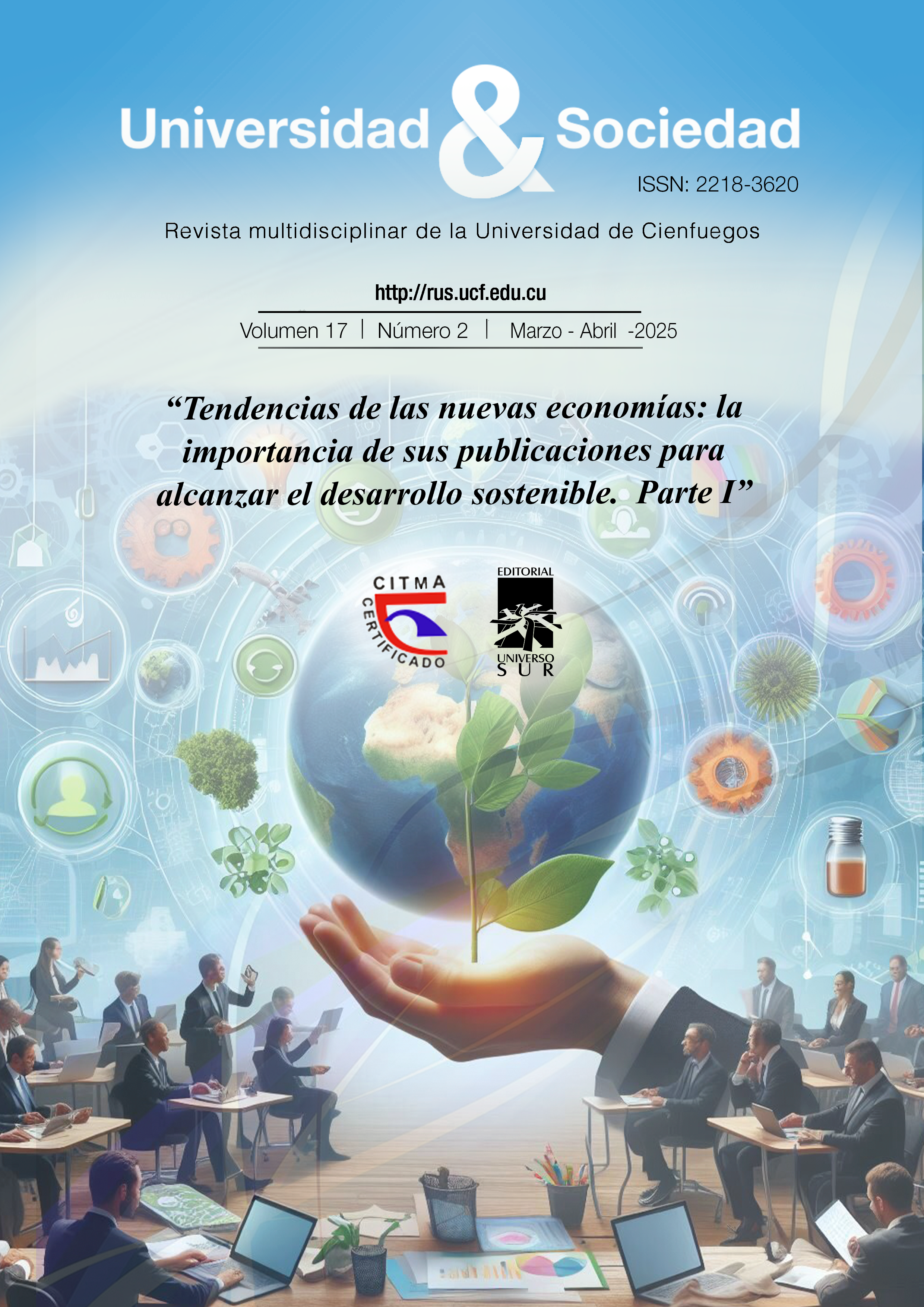Lifelong learning in institutions of higher education of Azerbaijan
Keywords:
Labor market, Azerbaijan, Institutional instruments, Workforce development, Lifelong learningAbstract
Over the years, lifelong learning has been widely recognized as a key strategy to address skills shortages in the labor market and therefore to support socio-economic development. In countries like Azerbaijan, it has been specifically highlighted as a way to build a more competitive workforce. However, despite its importance, there is limited research about how higher education institutions (HEIs)—the primary sources of skilled professionals—can effectively promote lifelong learning, especially in developing countries. Because of that, this study dives into the potential of Azerbaijani HEIs to enhance lifelong learning and identifies institutional strategies that could help them adopt a more comprehensive approach. Through a qualitative research approach, including semi-structured interviews with university representatives, experts, and policymakers, as well as document analysis, the study reveals that while Azerbaijani universities have made progress in laying the groundwork for lifelong learning, they still face significant challenges in aligning with global standards and implementing a holistic approach. The research highlights two key tools that university leaders can leverage: offering flexible study program delivery methods and investing in continuous staff development. As one of the first studies to explore lifelong learning within Azerbaijan’s formal education system, this work not only sets the stage for further research but also provides practical insights to help shape actionable strategies for promoting lifelong learning in higher education.
Downloads
Published
How to Cite
Issue
Section
License
Copyright (c) 2025 Editorial "Universo Sur"

This work is licensed under a Creative Commons Attribution-NonCommercial-NoDerivatives 4.0 International License.
La editorial "Universo Sur", de la Universidad de Cienfuegos, publica el contenido de la Revista "Universidad y Sociedad" bajo una Licencia Creative Commons Atribución-NoComercial-SinDerivar 4.0 Internacional.
© Podrá reproducirse, de forma parcial o total, el contenido de esta publicación, siempre que se haga de forma literal y se mencione la fuente.










